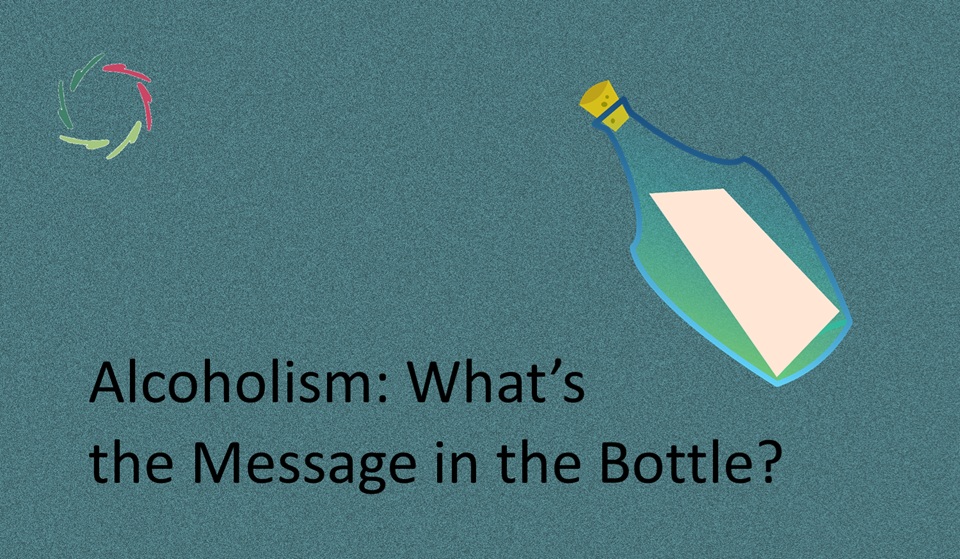Addiction: in Search of Deeper Meaning

Always.
Behind every addiction lies deeper meaning.
Its power comes from its deeper meaning, which is intrinsically bound to the addicted person himself. However, its form is alien. This way, the addicted person is very much trapped… by himself.
This presupposes internal dissociation. A more dissociated person is thus probably more prone to addiction. [see: “Cause of All Suffering: Dissociation”] Still hypothetical, but I give it a good chance to be frequently the case.
The real addictive substance is not for instance the drug, but the (dissociated, deep part of the) addicted person himself, in a very alien disguise.
It’s like being in a groove
whereby ‘deeper meaning’ lies deeply beneath the groove while from there, it strongly attracts the (dissociated, superficial part of the) person within the groove.
When superficially staying inside the groove, that person will never be able to reach that what attracts him so much. Instead, he keeps running around inside the groove. In so doing, he may deepen the groove. He feels the attraction more and more. At the same time, it’s increasingly difficult to get out of the groove.
Like a piece of iron, attracted by a strong magnet
and it’s precisely this magnet (of deeper meaning) that draws one nearer to the bottom of the groove… so one can less easily get out of it.
The addicted person gets more and more addicted. But the magnet – especially in its real importance – keeps being far away.
The addicted person will not find it in the groove.
Meanwhile, the actual drug experiences show what it’s about.
At least, if they are good experiences.
Think of them as scratching an itch. The resulting relief may feel nice. After a short while, the itch returns and makes one feel even worse than before.
The itch wants to tell something.
The magnet, the itch, the deeper meaning want attention.
They are searching. They are screaming. Are they listened to? [see: “Addictive Behavior = Communication”]
People get sick when lacking deeper meaning.
The deeper meaning is present (deep down) but cannot be reached.
Thus, people get depressed, burnout, all kinds of psychosomatic symptoms… and can also become addicted. An addiction is just one kind of symptom in this way.
The thing to do
is to search for deeper meaning in other, more efficient and durable ways.
No scratching, which relieves only temporarily anyway.
Also no attacking of the addiction as if this is ‘the enemy’. Quite the contrary, the solution – or at least a clear indication of the solution – is hidden inside the addiction.
The addicted person needs all possible support in his search.
This may be very difficult to do. Nevertheless, it is an ethical obligation.
[see: “Addiction vs. Compassion“]


